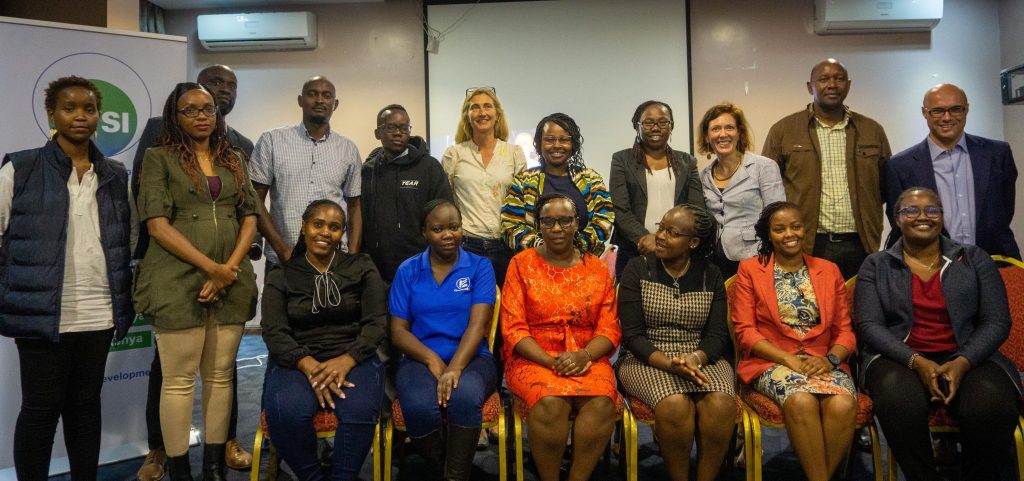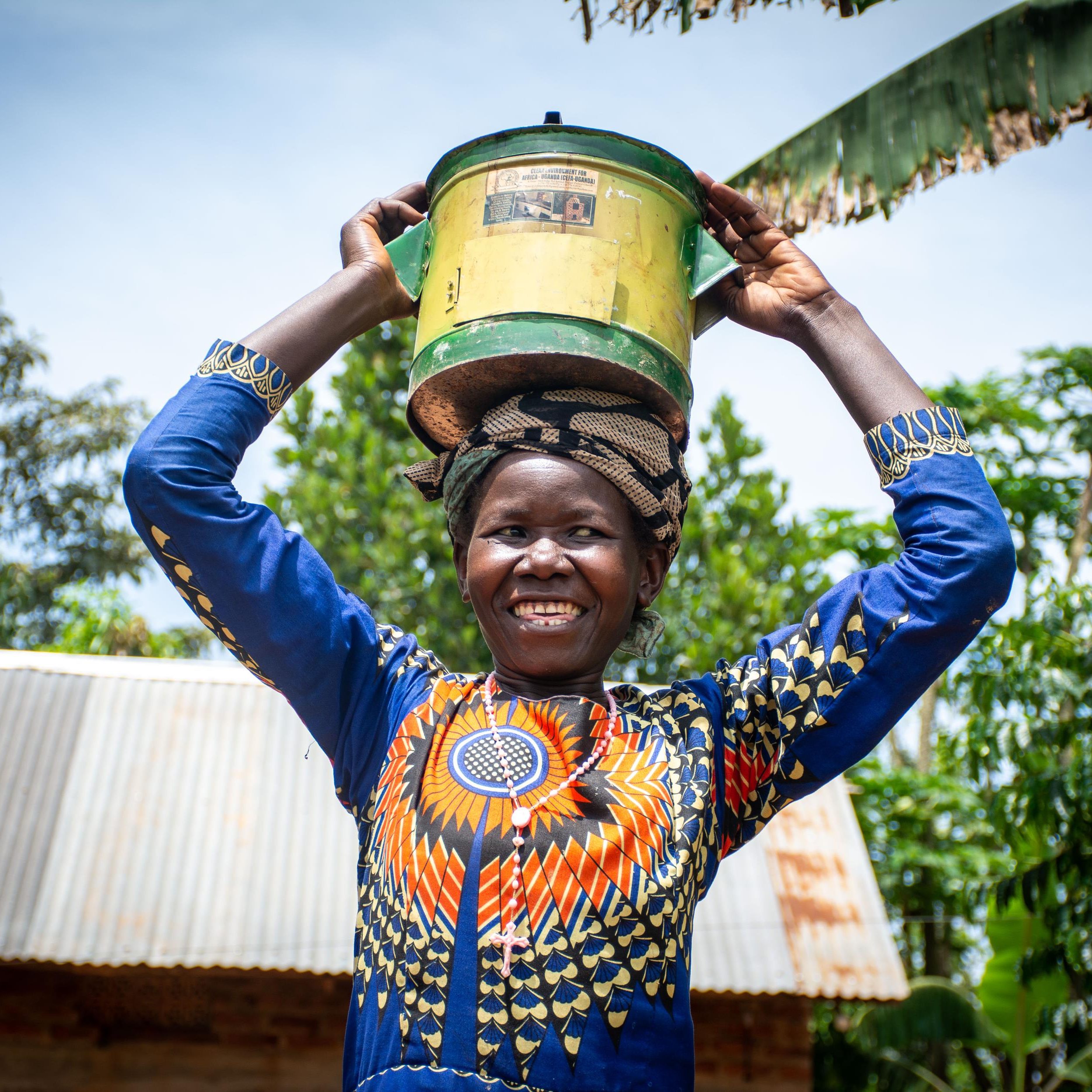The Green Energy for Women and Youth Resilience project is ending after empowering women and youth on the sustainable energy value chain in Uganda and Kenya. 1,224 of the trainees are now actively contributing to the climate change actions by working as sales agents and entrepreneurs in the clean energy sector.
The African Development Bank's through the African Climate Change Fund provided the funding for the project, which was carried out by the AVSI Foundation in collaboration with the organization CIDR Pamiga.
2,305 women and youth in 14 districts across Uganda and 16 counties of Kenya were engaged by more than eight renewable energy companies after being trained in business skills and financial management. Further linkages with financial service providers, marketing platforms and coaching sessions allowed them to continue transforming their societies with the promotion and use of clean energy among last mile users.
Isn't it about time we start taking climate change seriously and make the necessary changes to protect our planet's future?
The impact of climate change is one of the biggest problems facing the world today, and the African continent is especially susceptible to it. Droughts, floods, and other extreme weather events due to climate change have already affected people in Uganda and Kenya.
The project has promoted the utilization of renewable energy sources such as solar energy and clean cooking products, while also facilitating the creation of 1,224 jobs for women and young people. By collaborating with some local companies, the project has provided access to financial services that enable them to start and grow their own businesses selling sustainable energy products.
Rose underwent a three-day training facilitated by AVSI in Uganda and now she sells improved cook stoves and solar home systems. She not only found a job she likes, but also, changed her view of the environment and the collective responsibility of saving it.

Just like all the people here, I had been cooking with firewood and charcoal, using traditional stoves. Besides the irritation from the smoke produced by these stoves, I never looked beyond that. But through the AVSI training I now know that smoke from firewood affects the environment in a similar way smoke from cooking on traditional stoves affects our health and the one of our children. Compared to the traditional stoves, the improved ones produced almost no smoke and were able to cook for longer. I used my own experience as a testimony to my potential customers
Rose, one of the beneficiaries of the Green Energy for Women and Youth Resilience, narrates.
In just two years and a half, the program has boosted sales of solar and clean cooking goods to 46,220 end users.
To the benefit of over 500,000 people, AVSI currently implements sustainable energy projects in 7 African nations and promotes partnerships with the private sector, including microfinance institutions, sustainable energy firms, and local producers: by reducing annual CO2 emissions by at least 200,000 tons, we help to mitigate climate change.
Through the promotion of renewable energy sources and the creation of sustainable livelihoods, the Green Energy for Women and Youth Resilience Project is a significant initiative that is contributing to protecting the environment.
The project is assisting in the development of resilience to the effects of climate change and a more sustainable future for these communities.
What next?: let the conversation continue
On March 16 and 24, in Uganda and Kenya respectively, AVSI in collaboration with CIDR Pamiga hosted an evening cocktail event to present key results of the Green Energy for Women and Youth Resilience project.
The dialogue with private sector actors, partners within the project focused on the lessons learned and recommendations for possible future collaborations in the renewable energy value chain. During the events it became evident that players in the ecosystem are facing similar challenges and that there is strong need to collaborate if we want to success in providing access to energy to all, especially to the last mile.
Renewable energy companies, financial service providers and non-profit can indeed, each one in its own role and with its own expertise, contribute and integrate each other so to face challenges like access to finance for last mile customers and guarantee better retention of last mile sales agents working in the sector.

The green energy sector has transformed the lives of women and youth, promoting productivity and employment
Francis Lubega, Sales Business Manager of BrightLife
The project coordinator, Maria Ossola, highlighted the importance of continuing with actions supporting the climate advocacy and continuing in building a stronger and more resilient ecosystem: the project has been an exhausting but an exciting journey in which we have seen all of us changed and more and more ready to work together and find innovative solutions.
If we educate the community on why they require clean energy products and its advantages they will make an informed choice by utilizing the product and in this way, contribute to the betterment of our environment.
Romana, Koech, AVSI Kenya country Representative.




